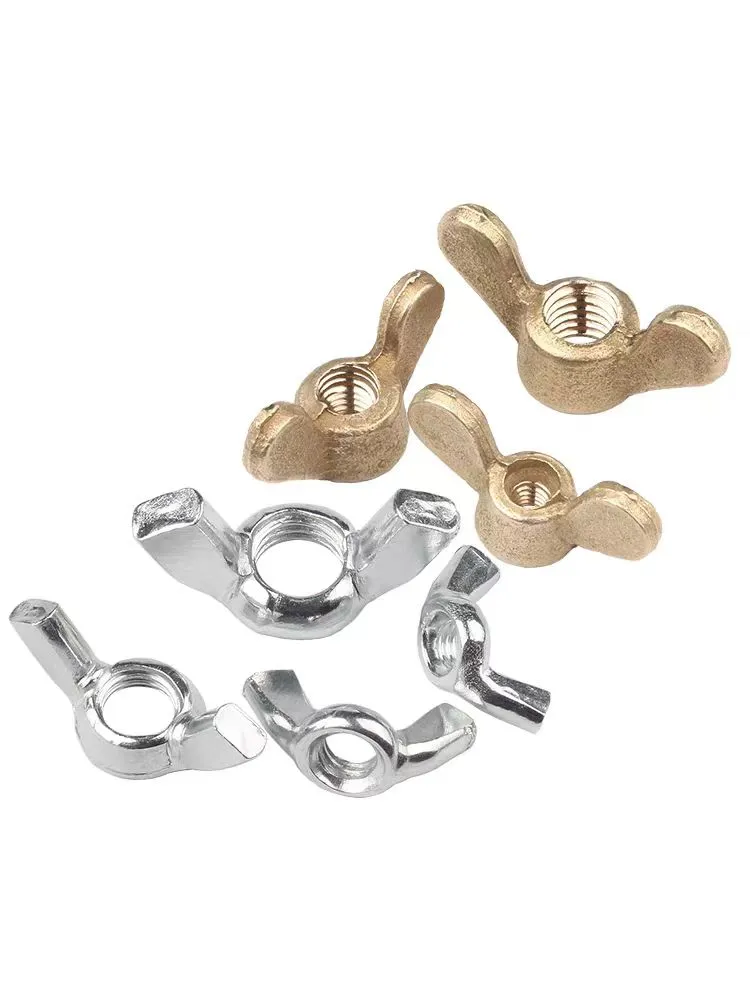

Mild Steel Stud Bolt Specifications and Applications in Fastening Solutions
ธ.ค. . 02, 2024 07:59 Back to list
Mild Steel Stud Bolt Specifications and Applications in Fastening Solutions
Understanding Mild Steel Stud Bolts Essential Fasteners for Various Applications
Mild steel stud bolts are a crucial component in various engineering and construction applications, playing a vital role in maintaining structural integrity and ensuring the reliability of machinery and equipment. Despite their simplicity, these fasteners are essential for holding components together securely, and they have several unique characteristics that make them suitable for a wide range of applications. This article provides an overview of mild steel stud bolts, including their properties, manufacturing process, applications, and advantages.
What is Mild Steel?
Mild steel, also known as low carbon steel, typically contains around 0.05% to 0.25% carbon by weight. This low carbon content gives mild steel its malleability, ductility, and ease of welding, making it an ideal material for fasteners such as stud bolts. Compared to high carbon steel, mild steel is less likely to fracture under stress, which is vital in applications where fasteners must endure significant loads.
Characteristics of Mild Steel Stud Bolts
Mild steel stud bolts are characterized by their thread design, which allows them to anchor smoothly into nuts or threaded holes, providing a strong connection between materials. The primary characteristics of mild steel stud bolts include
1. Strength While they are not as strong as high carbon steels or alloy steels, mild steel stud bolts offer sufficient tensile strength for many applications. Their strength can be enhanced through heat treatment processes.
2. Corrosion Resistance Mild steel is susceptible to corrosion; however, it can be treated with coatings such as galvanization (zinc coating) or paint to enhance its resistance to environmental factors.
3. Cost-Effective Mild steel is relatively inexpensive compared to other materials, making stud bolts made from this material an economical choice for bulk use in fabrication and construction.
4. Machinability Mild steel is easy to machine and can be cut, shaped, and welded with relative ease, allowing manufacturers to produce custom fasteners as needed.
Manufacturing Process
The manufacturing of mild steel stud bolts involves several steps
1. Material Selection High-quality mild steel is selected for optimal performance and longevity.
mild steel stud bolt - fastener

2. Forging The selected mild steel is heated and molded into the desired shape, either through forging or machining techniques, to form the basic bolt shape.
3. Thread Cutting Precision equipment is used to cut threads onto the stud bolt, ensuring a consistent and reliable fit with corresponding nuts.
4. Heat Treatment Depending on the application, mild steel stud bolts may undergo heat treatment to enhance their mechanical properties, such as tensile strength and hardness.
5. Finishing Finally, the bolts undergo finishing processes that may include surface treatment, coating, or plating to improve their surface quality and corrosion resistance.
Applications of Mild Steel Stud Bolts
Mild steel stud bolts have widespread applications across various industries, including
1. Construction In building structures, mild steel stud bolts are commonly used to connect steel beams, columns, and frames, providing essential support.
2. Automotive The automotive industry relies on mild steel stud bolts for assembling components, such as engines and chassis, due to their durability and reliability.
3. Manufacturing In manufacturing plants, these fasteners are used to secure machinery and equipment, ensuring smooth operation and minimal downtime.
4. Furniture Mild steel stud bolts are often utilized in furniture production, especially for assembling metal frames, providing strength without adding excessive weight.
Conclusion
Mild steel stud bolts are indispensable fasteners that offer strength, versatility, and cost-effectiveness in various applications. Their characteristics make them suitable for the construction of buildings, automotive assembly, manufacturing operations, and much more. Understanding the properties and manufacturing processes of mild steel stud bolts allows engineers, designers, and manufacturers to make informed decisions regarding their use, ultimately enhancing the performance and longevity of the products they create. With ongoing advancements in material science and engineering, mild steel stud bolts will continue to play a pivotal role in future innovations.
Latest news
-
Premium Fasteners Manufacturer | AI-Driven Solutions
NewsAug.01,2025
-
Hot Dip Galvanized Bolts - Hebei Longze | High Strength, Corrosion Resistance
NewsAug.01,2025
-
High-Strength Hot Dip Galvanized Bolts - LongZe | Corrosion Resistance, Custom Sizes
NewsAug.01,2025
-
Best Self Tapping Screws for Drywall - Fast & Secure Installation
NewsJul.31,2025
-
High-Strength Hot Dip Galvanized Bolts-Hebei Longze|Corrosion Resistance&Customization
NewsJul.31,2025
-
Hot Dip Galvanized Bolts-Hebei Longze Metal Products|Corrosion Resistance&High Strength
NewsJul.31,2025

